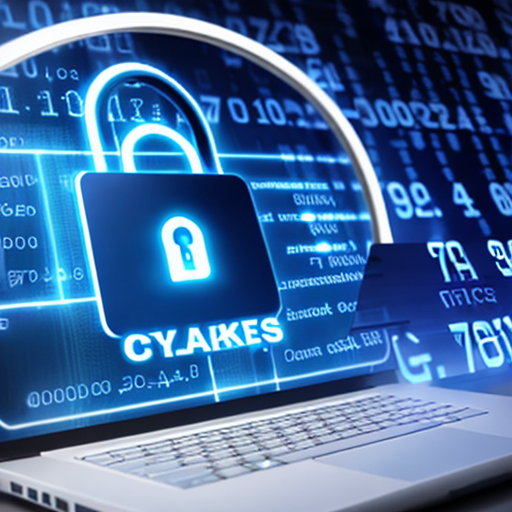An expert claimed that when hackers damaged the Colonial Pipeline with a ransomware attack, artificial intelligence might have practically shortened the haystack to discover the needle and lessened the terrible fallout.
According to Alice Globus, chief financial officer of Nanotronics, a company that calls itself an industrial AI company, the 2021 Colonial Pipeline shutdown was the result of the largest cyberattack on critical US infrastructure ever recorded. This infrastructure is a prime target because outdated protection systems make it easy to attack.
According to Globus, most essential infrastructure uses outdated technology that isn’t updated very frequently, whether it be in manufacturing or other systems like hospitals. They are easy targets for cyberattacks.
According to Globus, other targets besides large pipelines include dams, satellites, schools, and hospitals, all of which have recently made news.
The FBI is still looking into a ransomware attack that disrupted a significant hospital network earlier this month across four states.
In addition to 166 outpatient clinics and centres, Prospect Medical Holdings, which runs 16 hospitals in California, Connecticut, Pennsylvania, and Rhode Island, was assaulted earlier this month.
According to an update provided by the Eastern Connecticut Health Network during the first week of August, it resulted in the cancellation of all elective procedures and the closure of facilities for women’s wellness, wound healing, imaging, gastroenterology, and podiatry.
The Associated Press reported that the emergency rooms at the Manchester Memorial and Rockville General hospitals had been closed.
Artificial intelligence can be useful in this field, according to Globus. The hospital’s systems are already insecure, but AI can recognize what a typical system looks like and how it should operate.
Humans are unable to do so, so in order to prevent the malware from spreading, almost everything is preemptively shut down, according to Globus, at a cost of hundreds of millions to billions of dollars.
Powerful AI can spot possible problems when (a key infrastructure system) isn’t functioning properly or is malfunctioning and can alert a person to go check out these potential problems because the system is currently under attack, according to the expert.
It considerably reduces the damage and enables systems to repel the attack.
Since the outbreak, the number of reported ransomware assaults has skyrocketed. According to the U.S. Treasury, financial institutions in the United States processed around $1.2 billion worth of ransomware-related payments in 2021, a 200% increase from 2020.
Globus noted that this was all that had been reported.
Attacks are on the rise as a result of “cybergangs,” who are criminals attracted to the lucrative potential of the crime.
Globus declared that he believes the situation will only worsen. However, whether it’s a large pipeline or a small hospital, they currently have strategies with artificial intelligence to deal with this issue and reduce danger and damage.








